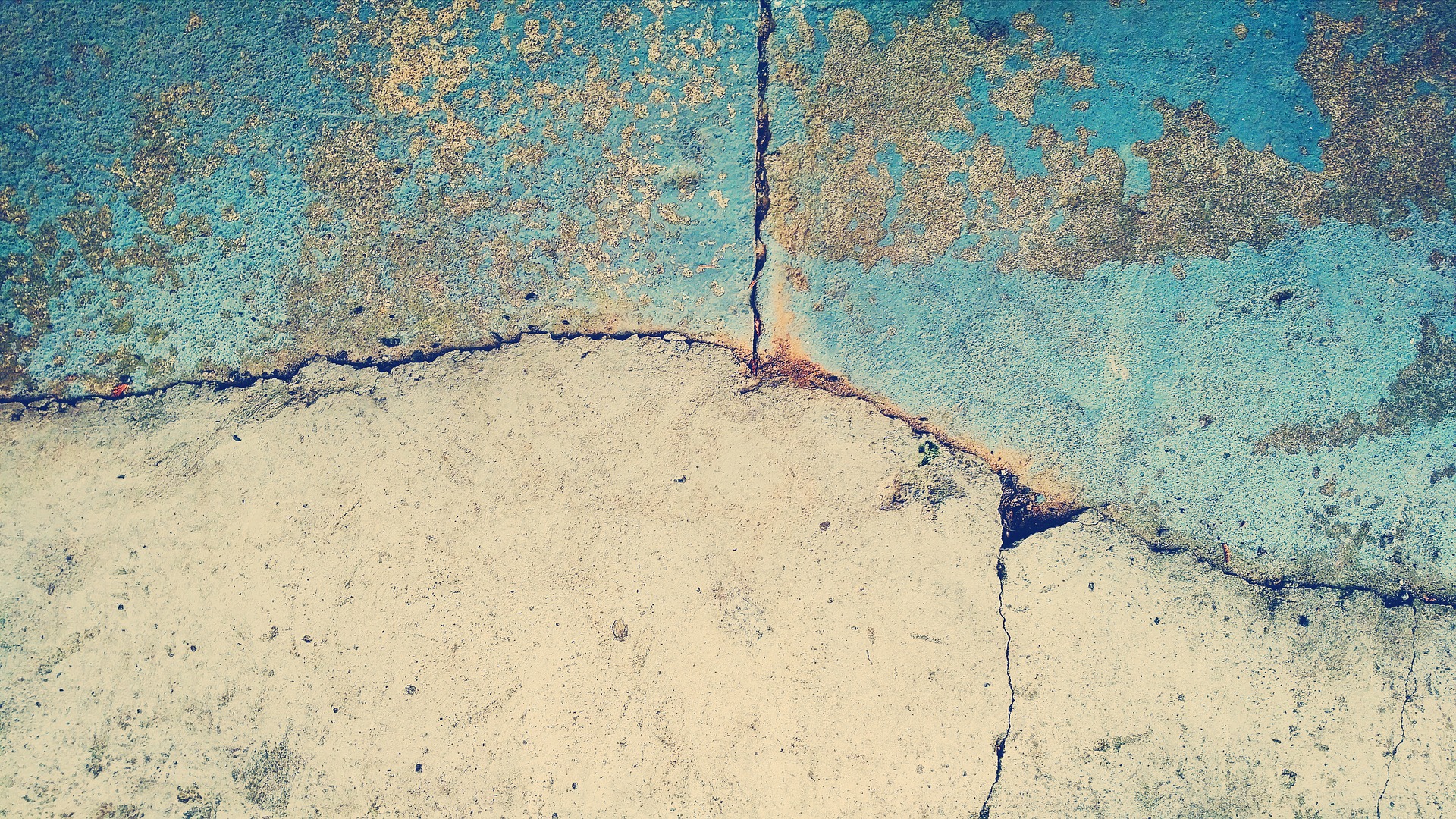Art as a Tool for Social Transformation
From here, many questions arise:
How can we promote these artistic practices at the service of communities and social interests? What are the necessary conditions to develop these types of projects in the long term? And what is the real capacity of art in uncertain times, in a context of increasing polarization, loss of social rights, destruction of the ecosystem?
In our territory, the Basque Country, there are many projects, artists and groups that seek to contribute to the achievement of social changes and we can start from these experiences to build a framework for common action.
The list of learnings is very large, but we can start by listing some common elements.
For example, in this type of practices, what happens in the process is usually more relevant than the results. The accomplishment of a final device is not so much pursued, at least not as much as the generation of relationships, affections, knowledge exchange, conflict management or consensus building.
Diversity is another essential concept in art for social purposes. Working from the cross of disciplines, in border spaces, introducing different languages that break the hierarchies and enable other types of communication or generating hybrid identities that can reach more extensive territories.
Context knowledge is also fundamental. We must start by understanding the communities and their needs, their desires, the ways of doing local. If we work in territories outside of ours, it is interesting to work hand in hand with people from the community, with agents who can help us to understand, to decode the territory.
Finally, in order to develop this type of practices, it may be necessary to establish relationships of trust and generate safe, listening, and negotiation spaces, from which we could build a common ground and strategies that implement collective intelligence to achieve changes.
Happy with what you’ve read? Send us more stuff like this!
